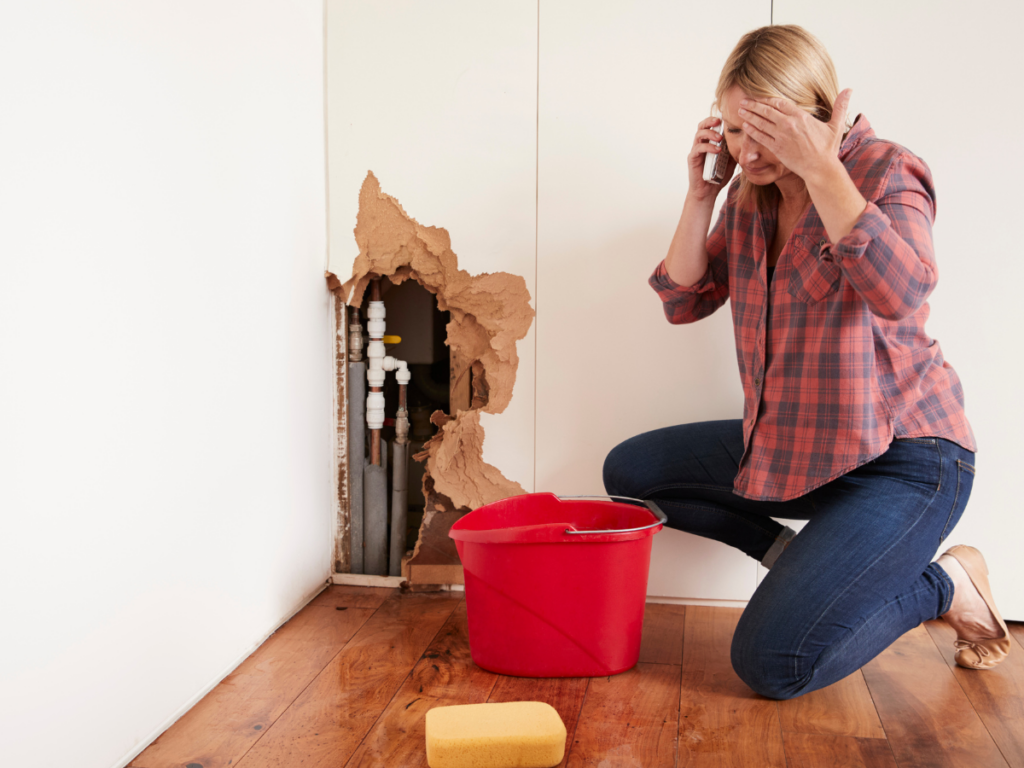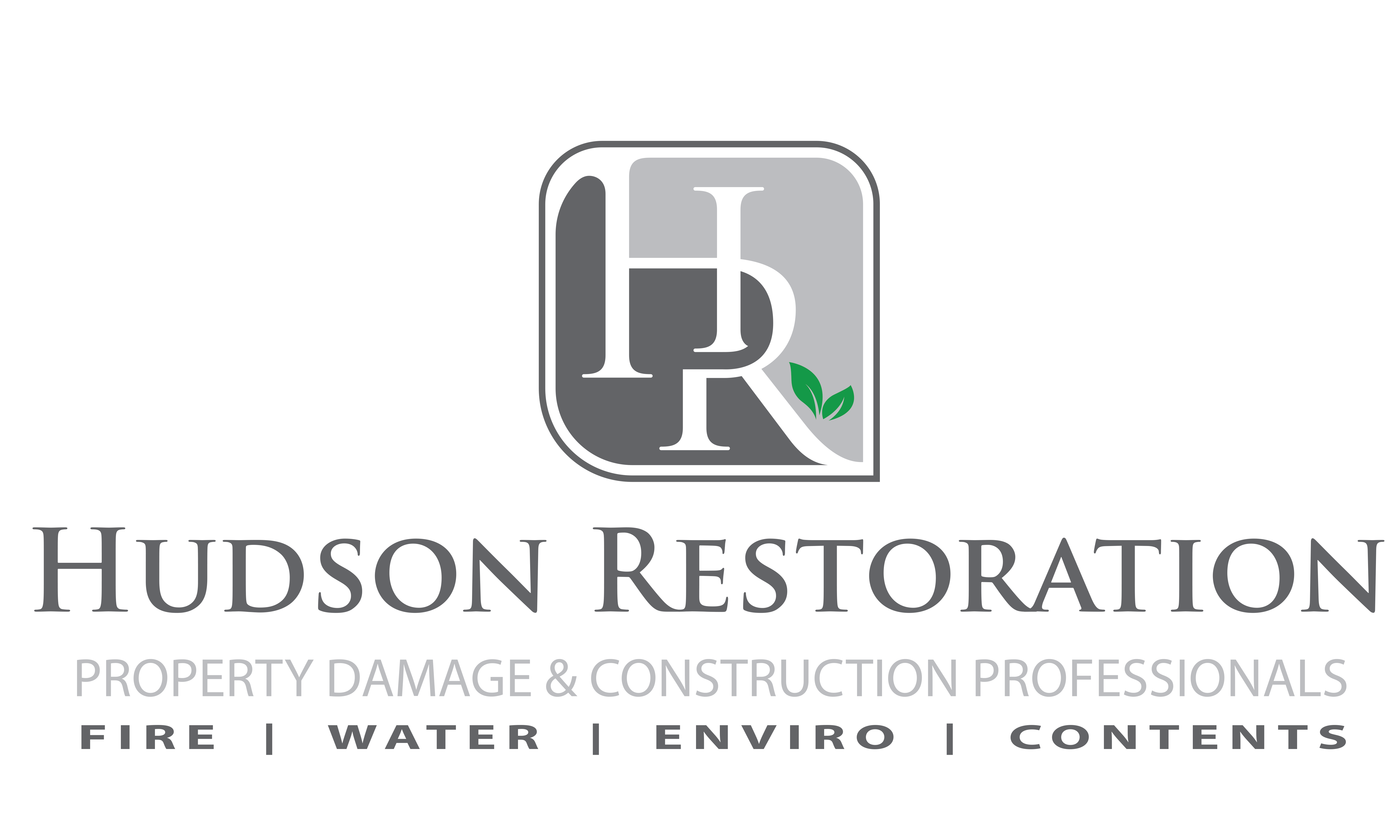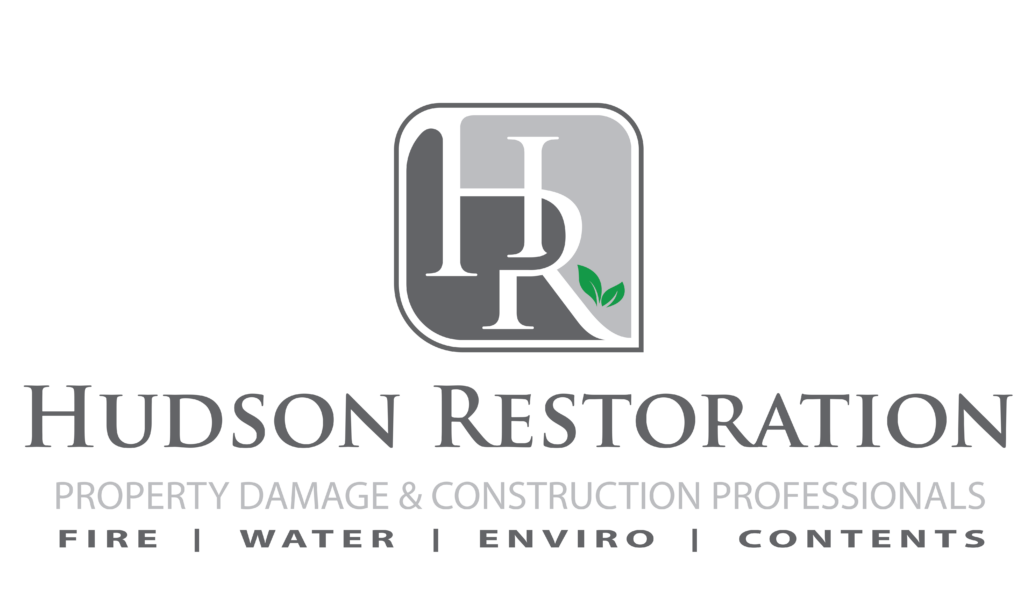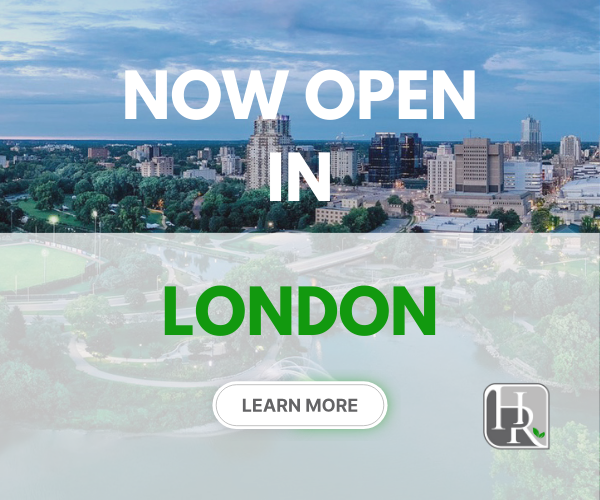Discover the leading causes of pipe problems in your home and learn how to prevent plumbing disasters with our comprehensive guide, featuring expert advice and practical tips.
Introduction to Plumbing Health
Plumbing, often hidden behind walls and under floors, plays a crucial role in our daily comfort and health. Yet, it’s easy to take for granted until something goes wrong. Understanding the intricacies of your home’s plumbing system and recognizing early signs of trouble can prevent minor issues from escalating into full-blown disasters. This guide delves deep into the leading causes of pipe problems, offering valuable insights to keep your plumbing healthy and disaster-free.
Common Culprits Behind Pipe Problems
Plumbing disasters don’t just happen overnight. Several factors contribute to the gradual deterioration of plumbing systems. Knowing these can help you take proactive measures.
The Age of Your Plumbing: Older homes are charming but may harbor aging pipes susceptible to breakage and leaks. Understand how the lifespan of different materials affects your plumbing’s integrity.
Incorrect Pipe Installation: DIY plumbing projects or shoddy workmanship can lead to improper installations, causing leaks, pressure problems, and eventual failures.
Tree Roots and Underground Shifts: Nature has a way of reclaiming space, with tree roots often infiltrating sewer lines, leading to blockages and pipe damage.
Preventative Measures and Maintenance
Prevention is key to avoiding plumbing disasters. Establishing a regular inspection and maintenance schedule can help identify potential issues before they escalate. Additionally, knowing when to call in a professional can save you from costly repairs down the line.
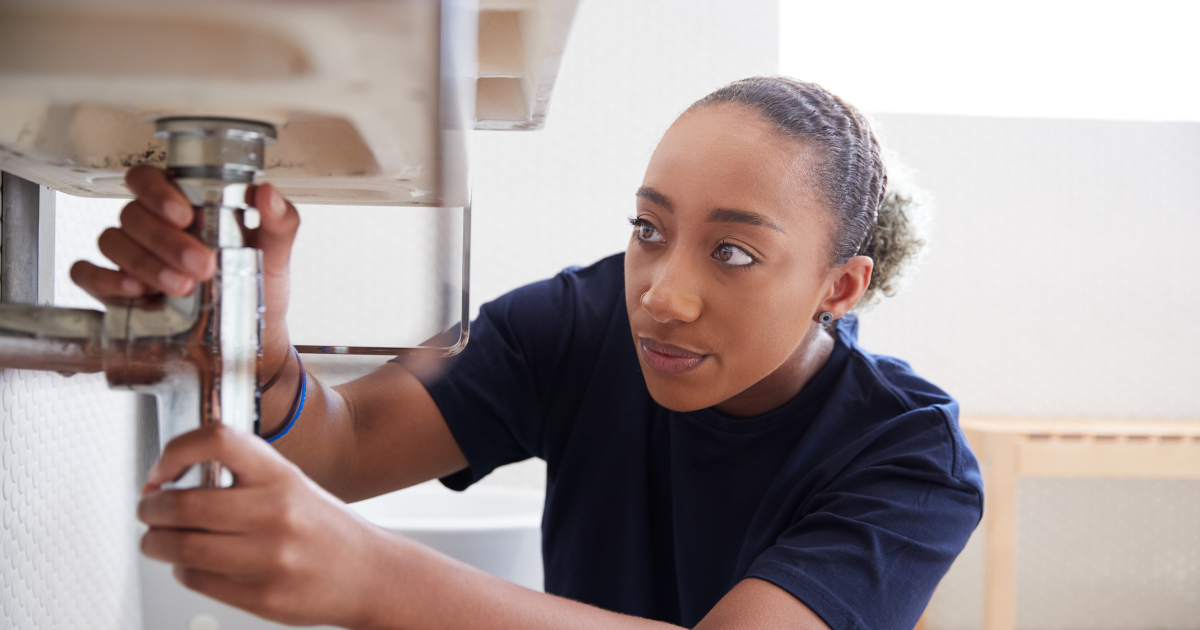
5 Signs that you should call a plumber:
- Persistent Clogs or Slow Drains: If you’ve tried all the DIY fixes and your sink, shower, or toilet still drains slowly or remains clogged, it’s time to call a plumber. Persistent clogs can be a symptom of deeper issues within your plumbing system, such as obstructions in the main sewer line that require professional tools and expertise to resolve.
- Gurgling Sounds or Bad Odors: Unusual noises like gurgling coming from your drains, or unpleasant odors emanating from them, can indicate a blockage or a problem with your sewer line. These symptoms should not be ignored, as they can quickly escalate into more serious issues, including sewage backups into your home.
- No Water or Inconsistent Water Pressure: If you suddenly find yourself without water or experiencing erratic water pressure throughout your home, it could be due to a serious plumbing issue. This could range from frozen pipes to major leaks in your system. A professional plumber can diagnose and fix the problem, ensuring your water flow is restored to normal.
- Visible Signs of Water Damage: Signs of water damage, such as damp patches on walls or ceilings, peeling paint, or the growth of mold and mildew, are red flags that there’s a hidden leak. Leaks can cause significant damage to your home’s structure and can lead to costly repairs if not addressed promptly.
- Water Heater Issues: If you’re experiencing problems with your hot water supply, such as inconsistent temperatures or a complete lack of hot water, it’s time to call a plumber. Water heater issues can be complex, involving electrical or gas systems that are best left to professionals to safely repair or replace.
Pipe Problems: The Leading Causes Of Plumbing Disasters
Corrosion, material degradation, and high water pressure are among the top contributors to plumbing failures. Understanding the science behind these issues can help you mitigate their impact.
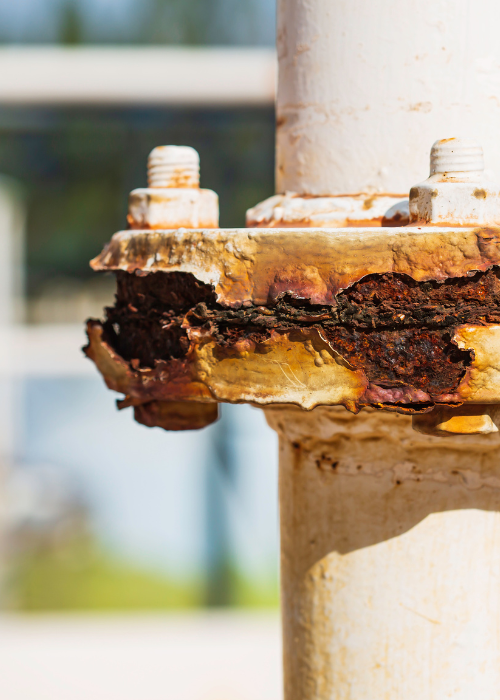 Corrosion
Corrosion
- What It Is: Corrosion in plumbing involves the chemical or electrochemical reaction between the pipes and the water passing through them, leading to the deterioration of the metal.
- How It Happens: Various factors contribute to corrosion, including the pH level of the water, oxygen levels, water temperature, and the presence of salts or other chemicals. Over time, these reactions eat away at the pipe’s material, causing it to weaken.
- Impact on Plumbing: Corroded pipes can lead to leaks, reduced water quality (e.g., metallic tasting water), and eventually, the complete failure of the plumbing system. Certain pipe materials, like iron and copper, are more susceptible to corrosion than others, such as PVC or PEX.
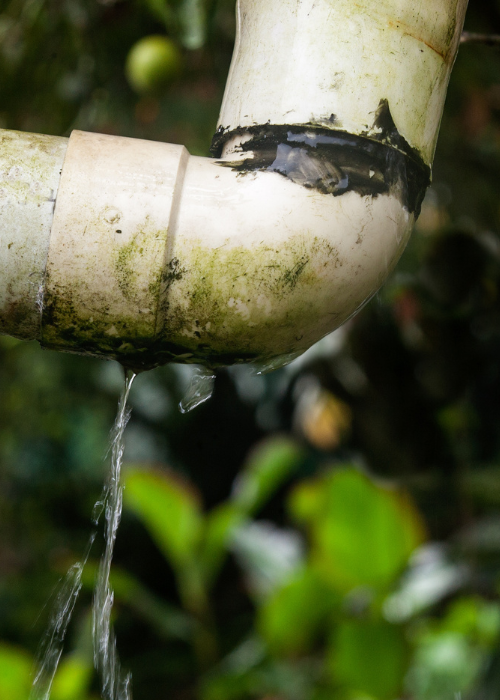 Material Degradation
Material Degradation
- What It Is: Material degradation refers to the breakdown of plumbing materials over time, influenced by environmental factors and the quality of the material itself.
- How It Happens: External factors like UV exposure, high temperatures, and chemical exposure can cause materials like PVC to degrade. Internally, the water’s chemical composition can affect metals and other materials, leading to weakening and brittleness.
- Impact on Plumbing: Degradation can result in cracks, leaks, and eventual pipe bursts. The choice of materials and exposure to harsh conditions play a significant role in the longevity of plumbing systems.
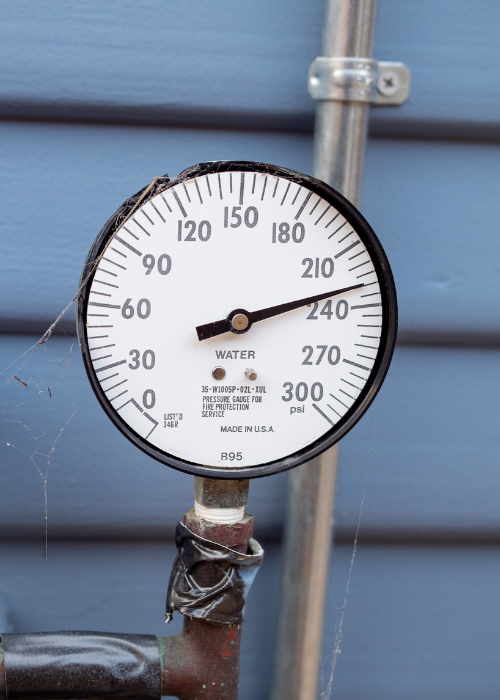 High Water Pressure
High Water Pressure
- What It Is: High water pressure in plumbing refers to water flowing through pipes at a pressure higher than what the system is designed to handle, typically above 60 psi (pounds per square inch).
- How It Happens: High water pressure can be due to municipal supply pressures, thermal expansion in water heaters, or elevation changes. It can also occur when water suddenly stops or changes direction, known as a water hammer.
- Impact on Plumbing: Excessive pressure strains pipes, joints, and fixtures, leading to leaks, pipe bursts, and damaged appliances. Continuous high pressure can significantly reduce the lifespan of your plumbing system.
Technological Solutions and Innovations
The plumbing industry is not immune to technological advancements. From smart water sensors to trenchless pipe repair, explore how innovation is making it easier to maintain and repair our plumbing systems.
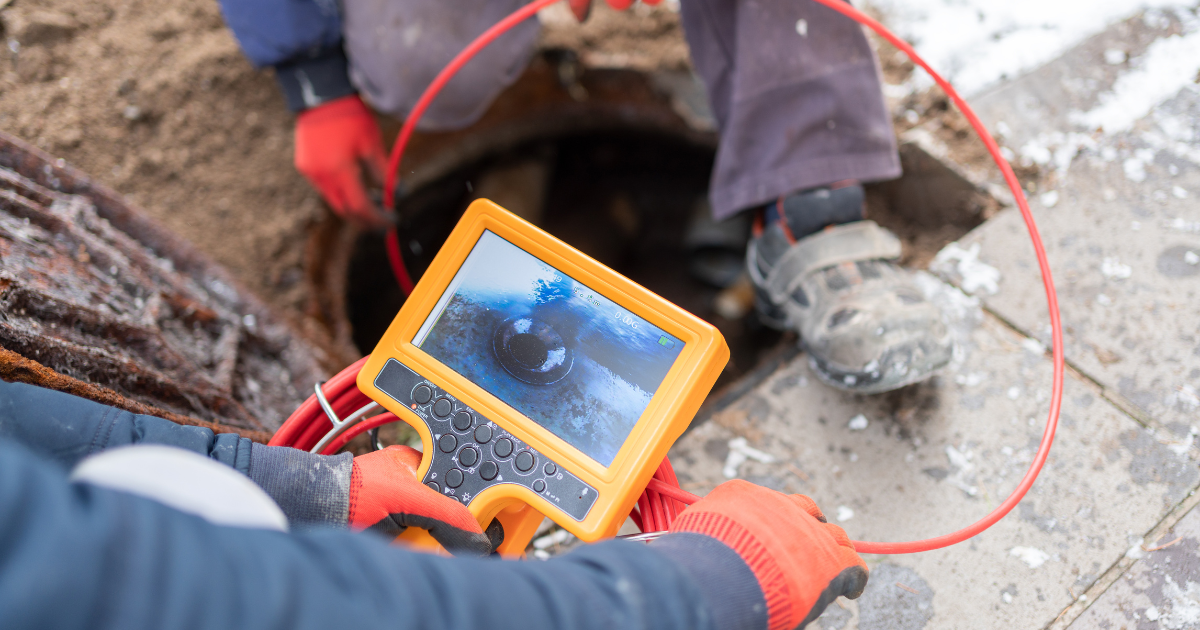
Top 5 plumbing innovations over the past 5 years:
- Smart Leak Detection Systems: These systems use Wi-Fi-connected devices to monitor water flow and pressure in real-time, identifying leaks and abnormalities in the system. Users receive immediate alerts on their smartphones, allowing for quick response to prevent extensive water damage and conserve water. Some advanced models can even automatically shut off the water supply when a leak is detected.
- Trenchless Pipe Repair and Replacement: This technology allows plumbers to repair or replace underground pipes without the need for extensive excavation. Methods like pipe bursting and pipe lining reduce the disruption to the property, save time, and lower repair costs. Trenchless repairs are less invasive, making them an attractive option for fixing sewer lines and water pipes.
- High-Definition Inspection Cameras: These waterproof, high-definition cameras can be inserted into pipes to provide a clear view of the interior condition, including blockages, leaks, and corrosion. This capability enables plumbers to diagnose problems accurately without unnecessary digging or guesswork, leading to more precise and efficient repairs.
- Press Fitting Systems: Press fitting is a method of connecting pipes that involves mechanically pressing a connection onto a pipe. This technology eliminates the need for soldering, reducing installation time and making the process safer and cleaner. Press fitting systems are particularly useful in tight or hard-to-reach spaces and provide a durable, leak-proof connection.
- Eco-friendly Water Treatment and Filtration Technologies: Advances in water treatment and filtration technologies have made it easier to ensure clean and safe water supply without the heavy reliance on chemical treatments. New systems can more efficiently remove contaminants, reduce scale, and manage hard water issues, prolonging the lifespan of plumbing systems and appliances while improving water quality.
FAQs: Your Questions Answered
In this section, we’ll tackle some of the most common questions homeowners have about plumbing maintenance and problem prevention.
1. Why do my pipes make a knocking noise?
Answer: Knocking noises, often called water hammer, occur when water flow is suddenly stopped, causing a shock wave through the pipes. This can be fixed by installing water hammer arrestors to absorb the shock or securing loose pipes.
2. How can I prevent my pipes from freezing in the winter?
Answer: Insulate your pipes, especially those exposed to cold air. Keep your house at a consistent temperature, and during extremely cold spells, let faucets drip slightly to prevent water from freezing.
3. Why is my water pressure low?
Answer: Low water pressure can be caused by a variety of issues, including clogged pipes, leaks, or problems with the municipal water supply. A plumber can help diagnose and fix the specific cause.
4. How often should I have my plumbing inspected?
Answer: It’s recommended to have a professional inspection at least once every two years to catch any potential issues early, such as leaks, corrosion, or blockages.
5. Can I use chemical drain cleaners for clogs?
Answer: While chemical drain cleaners can provide a temporary solution, they can also damage your pipes over time. For persistent or severe clogs, it’s best to call a professional plumber.
6. How do I know if I have a hidden water leak?
Answer: Signs of hidden leaks include unexpectedly high water bills, musty odors, mold or mildew, and damp spots on walls or floors. You can also check your water meter before and after a period of no water use; if it changes, there might be a leak.
7. What should I do if my water looks discolored?
Answer: Discolored water can be due to rusting pipes, sediment in the water heater, or issues with the municipal supply. If flushing the system doesn’t clear it up, it might be time to call a plumber.
8. How can I improve my home’s water quality?
Answer: Consider installing water filtration systems or water softeners, depending on whether you have issues with contaminants or hard water. Regular maintenance of your plumbing system also helps maintain water quality.
9. What’s the best way to deal with hard water?
Answer: Installing a water softener system in your home can help reduce the minerals (like calcium and magnesium) that cause hard water. This can improve soap efficiency, extend the lifespan of appliances, and reduce scaling on fixtures.
10. Why does my toilet keep running?
Answer: A running toilet is often due to a faulty flapper valve, which controls the water that passes from the tank to the bowl. Replacing the flapper or adjusting the float mechanism can usually solve the problem.
Conclusion: Safeguarding Against Plumbing Disasters
With the right knowledge and preventative measures, you can protect your home from the potentially devastating effects of plumbing disasters. Remember, a little maintenance goes a long way in ensuring the health and longevity of your plumbing system.
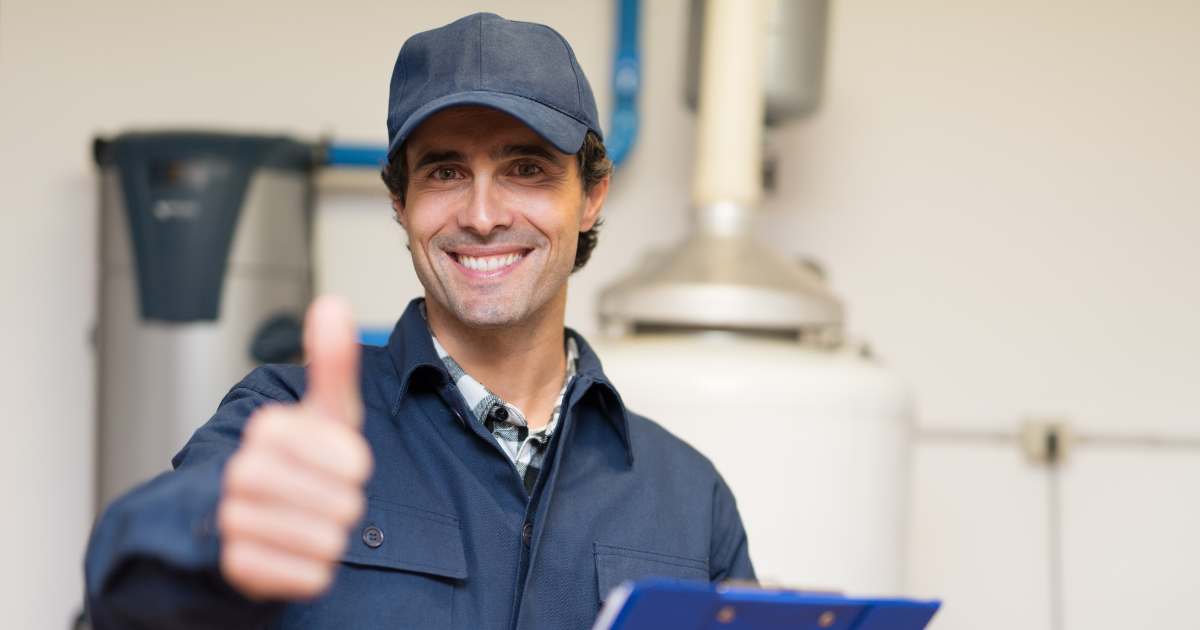
Here’s to homeownership and keeping a happy healthy home for you and the ones you love!
All the best,
Zach Hudson
Director of Marketing and Sustainability
Hudson Restoration

